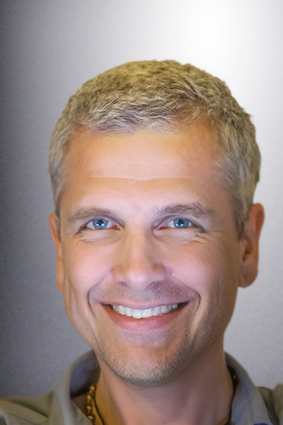Homeopathic treatment in Stockholm
If you are looking for an experienced homeopath in Stockholm, you can book an appointment with Björn Lundberg. With over 35 years of experience in homeopathy, Björn has also founded popular alternative medicine websites such as alternativmedicin.se, illnessfinder.com, remedyfinder.net, and webhomeopath.com. Together, these websites have over 180,000 members today.
Björn Lundberg’s Background
Through his studies in the medical program at Karolinska Institutet in Stockholm, Björn has developed a genuine interest in medicine, particularly in complementary medicine, to which he has devoted much time and thought. In addition, Björn has delved into the field of differential diagnosis, a method used to distinguish between diseases with similar symptoms. His dedication to this subject is evident in his work on the project illnessfinder.com.
Your First Consultation by Phone
During your first call, which lasts between 30 and 40 minutes, Björn will review your symptoms and lifestyle factors. This information will be used to tailor a personalized treatment plan for you.
Treatment Plan
Within 24 hours after your call, you will receive a detailed treatment plan. This may include various therapies such as homeopathy, dietary supplements, nutritional advice, and Ayurveda.
Cost
Your initial consultation with Björn takes place over the phone and costs 1500 SEK. Any follow-up visits are priced at 800 SEK and are booked only if necessary. The costs for homeopathic medicines and liposomal supplements can vary but are usually between 600 and 1000 SEK per month.
Book your appointment
To book an appointment, contact Björn via email at kontakt@homeopati.se.
Company information
Lundberg Selection, organisation number 556448-2049

About homeopathy
Homeopathy is a holistic medicine that uses highly diluted substances in order to trigger the body’s own healing mechanisms. The homeopathic medicines are prescribed according to the patient’s specific set of symptoms and how they experience them.
Similia similibus curantur
Homeopathy is based on the principle that similar treats similar – that is, a substance that can cause symptoms when taken in undiluted doses, can be used in diluted doses to treat similar symptoms. For example, a bee can be treated with the diluted bee venom, Apis mellifica.
The principle of treating the like with the like goes back to Hippocrates (460-377BC) but in its current form, homeopathy has been used for more than 200 years. It was discovered by a German doctor, Samuel Hahnemann, who was looking for a way to reduce the harmful side effects associated with the medical treatment, which included the use of toxins. He started experimenting with diluted doses and discovered that the drugs became more effective and less toxic when the doses were diluted.
About homeopathy
Homeopathy is a holistic medicine that uses highly diluted substances to trigger the body’s own healing mechanisms. Homeopathic remedies are prescribed based on the patient’s specific set of symptoms and how they experience them.
The first principle, Similia similibus curantur
Homeopathy is based on the principle that like treats like – meaning a substance that can cause symptoms when taken in undiluted doses can be used in diluted doses to treat similar symptoms. For example, a bee sting can be treated with the diluted venom, Apis mellifica.
The principle of treating similar with similar dates back to Hippocrates (460-377 BC), but in its current form, homeopathy has been used for over 200 years. It was discovered by a German physician, Samuel Hahnemann, who was looking for a way to reduce the harmful side effects associated with medical treatment, which included the use of toxins. He began experimenting with treating patients using diluted medicinal doses and found that the remedies became more effective and less toxic when the doses were diluted.
The second principle: Minimum dose
Paradoxically, the higher the dilution, the more potent the homeopathic remedy.
The third principle: Prescribing one homeopathic remedy at a time
The homeopathic remedy has its own unique medicinal picture. This remedy is prescribed for the sick person who has a similar picture.
Acute and chronic treatment
There are two main categories of treatment in homeopathic medicine: acute and chronic. Acute treatment is for diseases that have recently occurred; it can be self-limiting (such as a cold) or it can progress if left untreated (such as pneumonia). In such a disease, the body can eventually overcome the illness, such as a cold, but appropriate medicine gently stimulates the body to recover faster and more effectively.
Chronic or constitutional treatment is the second main category of treatment. A chronic disease is long-lasting or a recurring health problem. The duration of treatment and the challenge of achieving positive results are influenced by many factors, including the nature of the problem, the early health history, family medical history, previous treatment, and the person’s inherent constitutional strength. The goal is to help the individual return to well-being through individualized homeopathic treatment.
The principle of treating the like with the like goes back to Hippocrates (460-377BC) but in its current form, homeopathy has been used for more than 200 years. It was discovered by a German doctor, Samuel Hahnemann, who was looking for a way to reduce the harmful side effects associated with the medical treatment, which included the use of toxins. He started experimenting with diluted doses and discovered that the drugs became more effective and less toxic when the doses were diluted.
